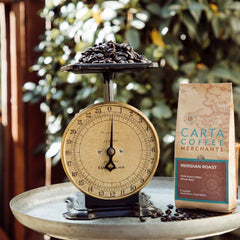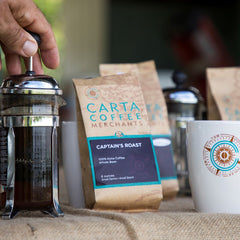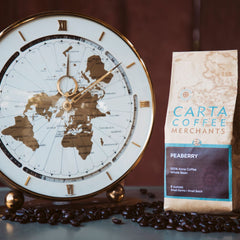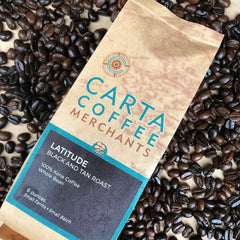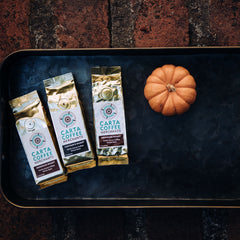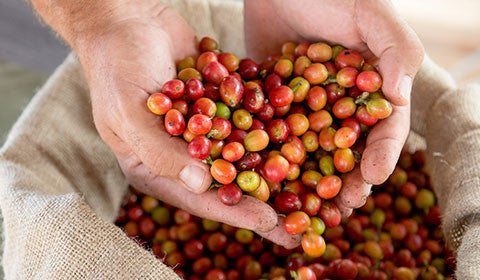Posted on

When talking about coffee there are a lot of different terms that you might run across. There are the obvious terms like decaf, espresso, and latte, but have you ever heard the phrase “fair trade” used when talking about coffee?
Many people seek out coffee that has been dubbed, or stamped, as being “Fair Trade”, but do you really know what fair trade means?
What Does Fair Trade Mean?
People tend to be automatically drawn to something that has been dubbed with a positive phrase, or something they perceive to be positive. Non-GMO, no added sugar, no artificial flavoring all come to mind in regards to this, but do you really know what those labels mean?
Would you believe me if I told you that no added sugar doesn’t mean sugar free? It actually just means that there was no extra sugar added to the product during processing. There is most likely to be natural sugars still included in the product.
The same can be said about the phrase no artificial flavoring… What this really means is that there are no chemical or non-natural flavoring additives added to the product. That means that there can still be flavor additives in the product, they just must come from natural occurring elements as opposed to more chemical based.
That being said, what does “fair trade” actually mean when it comes to the coffee that you’re buying and drinking?
For a coffee, or other product, to be labeled “fair trade” it must go through a certification process and adhere to a strict set of standards put forth by fair trade organizations. Or at least that used to be the case.
Originally these fair trade organizations set forth their guidelines on what coffee producers had to follow in order to be dubbed fair trade, but over the years some of these organizations have broken off from the majority to form their own rules, but let’s take a step back.
Fair trade was designed to help coffee farmers and farm works to have income stability and prevent poverty-stricken wages within the coffee industry. It was delegated to those farms that minimized damage to the environment and prevented them from bad business habits that may cause harm to the ecosystems in the area.
Overall, the idea behind it was to help coffee farmers sell their beans for the going rate regardless of where they were located, as well as hold those farmers to higher accountability when it comes to sustainability and impact on the environment.
Fair Trade Controversy
This all sounds great, so what has changed?
Yes, fair trade in theory is great, it promises to help the environment while also helping the coffee farmers. The issue that has come up is that Fair Trade USA has changed their rules and launched their Fair Trade for All initiative.
This initiative allows for not just small coffee farmers to be certified as fair trade, but also for large coffee farms to be certified as well. This has caused a rift between those organizations that have stuck to their original ways of certifying coffee as fair trade, and these off-shoots that are now using their own rules and guidelines to certify these larger coffee companies.
Fair trade was originally meant to help protect the small farmer from these larger plantations by helping to regulate the price that someone can charge for their coffee beans. It would be nearly impossible for a small coffee farm to compete, pricewise, with a huge company that produces much larger amounts of coffee each year.
So, while things have changed over the years in regards to how fair trade certification is acquired and who can acquire it, the overall idea is still important.
Fair trade is a way to protect the small coffee farm or grower by allowing them to receive a fair price for their beans without having to worry about being pushed out of the market by the larger companies. It’s a great ideology to support, but if you really want to support the original movement, make sure to do a little research about the companies you are buying coffee from.
A lot of small-batch coffee famers/producers opt to sell their coffee beans directly to consumers. This doesn’t necessarily mean that they weren’t able to obtain a fair trade certification, but based on the controversy surrounding some of the fair trade organizations, rather than confuse the consumer, they opt to just stay out of the whole process.
In addition to that, coffee farmers in the United States, like Carta Coffee Merchants, are already bound by US labor laws and regulations, which helps to protect farmers and the products they produce. Because of this, fair trade isn’t often seen on US produced coffee.
So be careful when buying a big brand coffee labeled as fair trade, especially in the United States, as you may not be supporting the same ideology that was originally intended with the fair trade certification.

